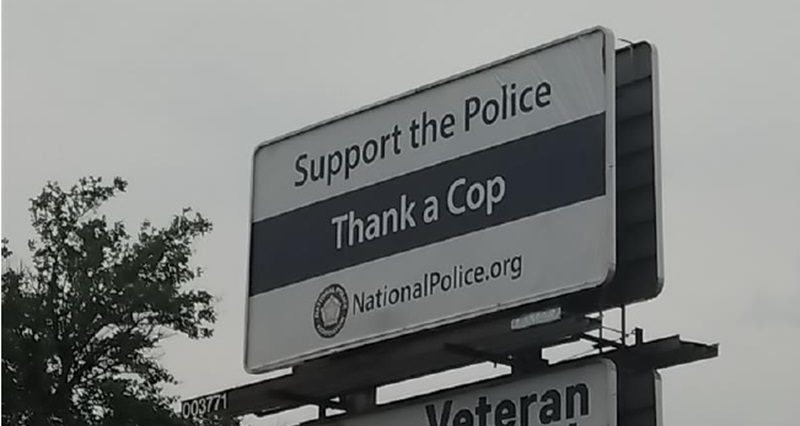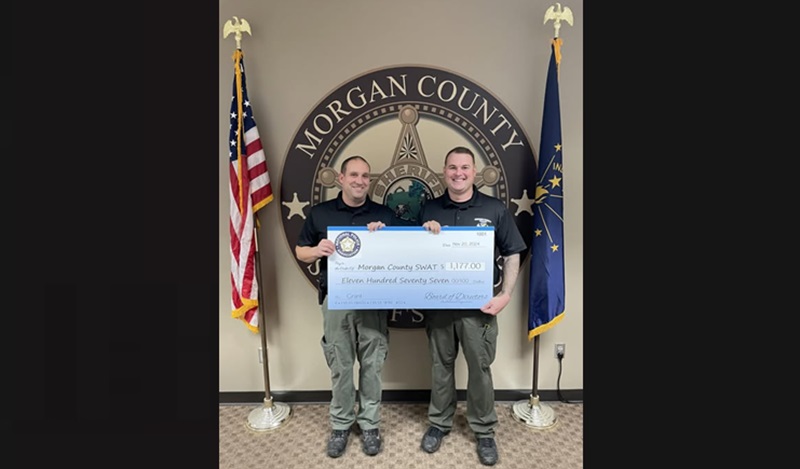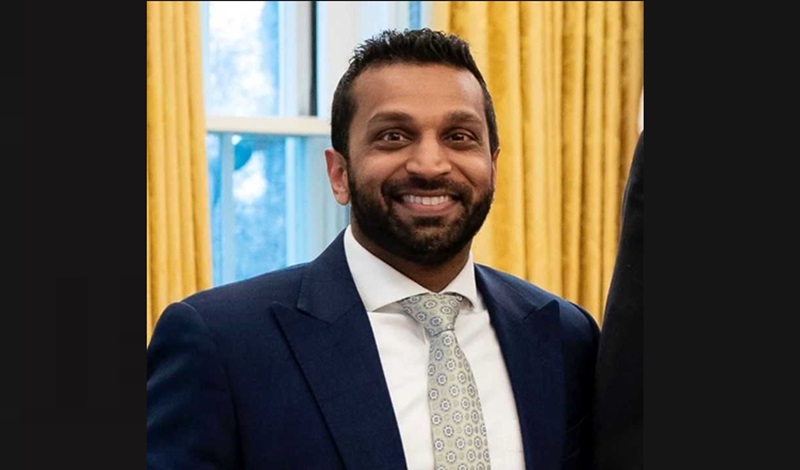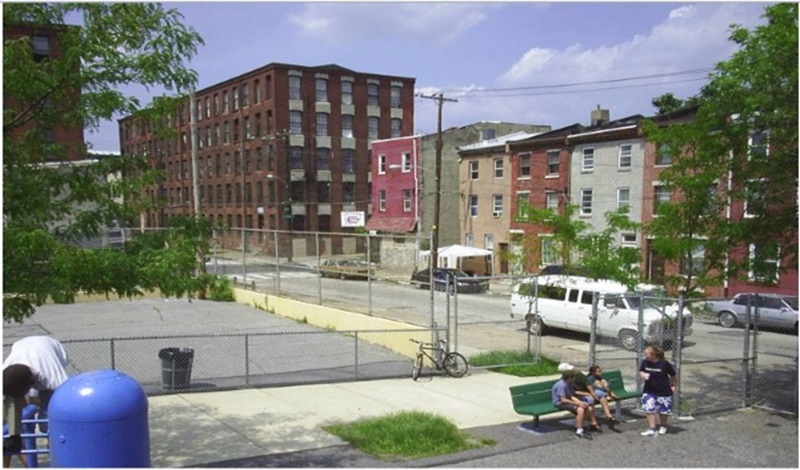
By Steve Pomper
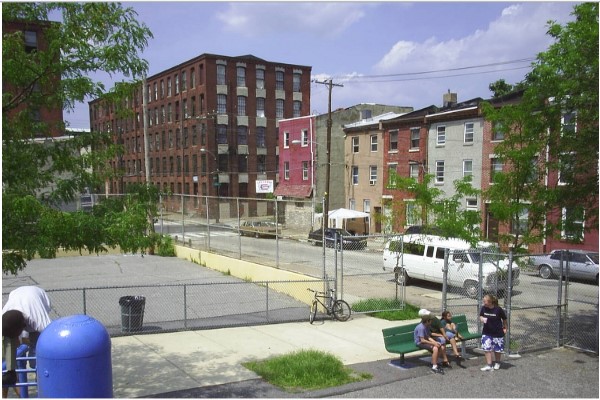
We tend to revisit specific topics important to policing because no matter what else captures a news cycle, no matter how grave, these issues continue to affect the cops and residents daily, even more directly than the grand events.
The depths to which anti-public safety-run American cities have fallen over the past few years with their focus on hands-off criminals and cops suck is staggering?
Things are so out of whack that, according to a FOX News report in late 2022, a Mexican TV PSA featured Philadelphia’s infamous Kensington neighborhood in an anti-drug spot. Apparently, it’s only gotten worse since.
In Philly, which the NPA has covered many times for many reasons, three catastrophic forces have converged to create a “perfect storm” of government leaders’ criminal negligence, recklessness, or intent to destroy the criminal justice system and public safety.
The worst fiend is the George Soros-funded, cop-hating DA Larry Krasner who’s so bad the PA House impeached him last year. There’s also the “blue” policies such as no cash bail, restorative justice, and general cop-hating. And finally, a deluge of government services meant to end the “homeless” drug/crime crisis has instead exacerbated it.
I remember speaking with a Seattle homeowner fed up with the “homeless” addicts trashing his neighborhood. At that moment, there was a derelict at an intersection begging for money from drivers stopped at the red light. Some people handed him cash. I pointed toward the man and told the homeowner, “You can’t toss birdseeds on your lawn and then complain about the bird crap all over the grass.”
Pointedly, another FOX News headline described “CRISIS IN KENSINGTON: Resident says neighborhood ‘given to the wolves,’ begs people to stop feeding addicts.”
Subtitle: “Philadelphia drug users migrate to Kensington to get handouts that help feed their addiction, activist says.”
Local activist Dennis Payne said, “By feeding these people, you’re giving the other people cover to do their thing, to keep these people addicted. And that’s the system that’s got to stop. There’s got to be some kind of break in the system.”
Payne also told FOX News, “They see all the services coming here. So they migrate here.”
I saw this in Seattle. Enablers making people comfortable in their misery, which makes communities miserable by perpetuating the problems. But that’s how you keep the government funds flowing, right? By enabling bad behavior. That spigot doesn’t seem to have an off lever.
Empathizing with folks in the throes of addiction is reasonable. But that doesn’t mitigate the crimes they commit to get their next hit. People need to understand what actions genuinely help people and those that don’t.
Giving someone a few bucks or a sandwich makes you feel good, but are you helping or harming them and your community? If it prolongs their addiction, even for a day, that harms them, right?
Philadelphia is deploying 75 newly trained police officers to the Kensington neighborhood. One measure of Philly’s crime/drug crisis is, rather than encouraged or relieved, many, like former addict Frank Rodriguez, wonder if this is a sincere attempt to reduce crime or just another gimmick.
According to Hannah Ray Lambert at FOX News, “Dozens of new police officers are hitting the streets of Philadelphia’s most notorious neighborhood, promising to crack down on drug dealing, prostitution and other crimes.” Rodriguez worried that “the effort won’t last.” He’s seen such efforts before, and the deplorable conditions continue. He hopes it’s not “grandstanding.”
Wanting to hold city leaders accountable, Rodriquez, who now owns a barbershop in another city, occasionally cuts hair for free in Kensington where he films interviews with people about crime and their addictions.
The former addict describes Kensington as “‘a predator’s playground,’ plagued with addiction, mental health issues and ’a level of suffering and dehumanization’ unrivaled by other cities.” And that’s saying a lot when those “other cities” include similarly crime-plagued cities like Baltimore, San Francisco, Seattle, and Portland.
He describes Kensington in raw terms. “You smell rotting flesh. You see people with holes in their limbs.”
Average folks may dismiss this comment as hyperbolic. But any cop working in this environment knows firsthand what he’s describing. I remember a call to assist medics. A passerby had reported a man on a sidewalk with a severe leg wound. The man’s shin was seriously abscessed with a 14-inch section of his skin eaten away.
He’d been “treating” himself with napkins, dabbing at his wound. I felt an argument could be made that he was unable to care for himself, but we all knew the protocols. And he was otherwise lucid and repeatedly declined medical aid. He said he preferred to remain on the street.
The crime blight in cities like Philadelphia is preventable and curable. It was no accident that in New York City in the 90s, the city’s crime crisis ended after a new mayor arrived and ran a rule-of-law administration. NYC became the safest big city in America.
Ask people who lived in NYC then, and they’ll tell you about the night and day difference. Sadly, New York is once again on the decline because similarly destructive policies have returned.
Some people believe high crime rates are inevitable and cyclical. Not true. The people who run these cities poorly are cyclical. Good leaders equal good policies and bad leaders, well…you get the gist. Sadly, in some cities the people continue to put the same cop-haters in charge year after year, decade after decade, and then wonder why “homelessness” and crime remain high.
Think carefully about the individuals you choose to run your communities. Remember, you can’t choose leaders who toss “birdseed” on your neighborhood and then complain about the “poop” on the sidewalks (as in San Francisco, quite literally).




